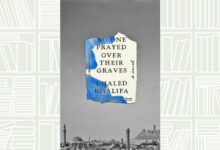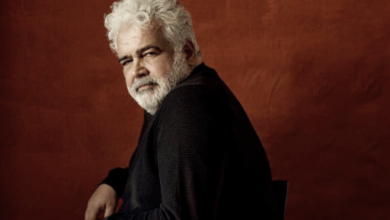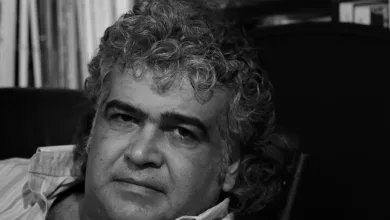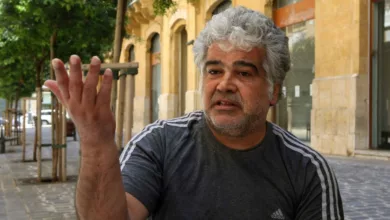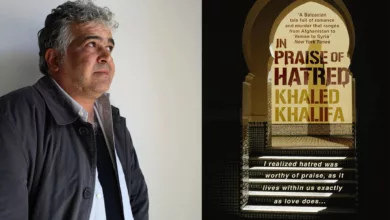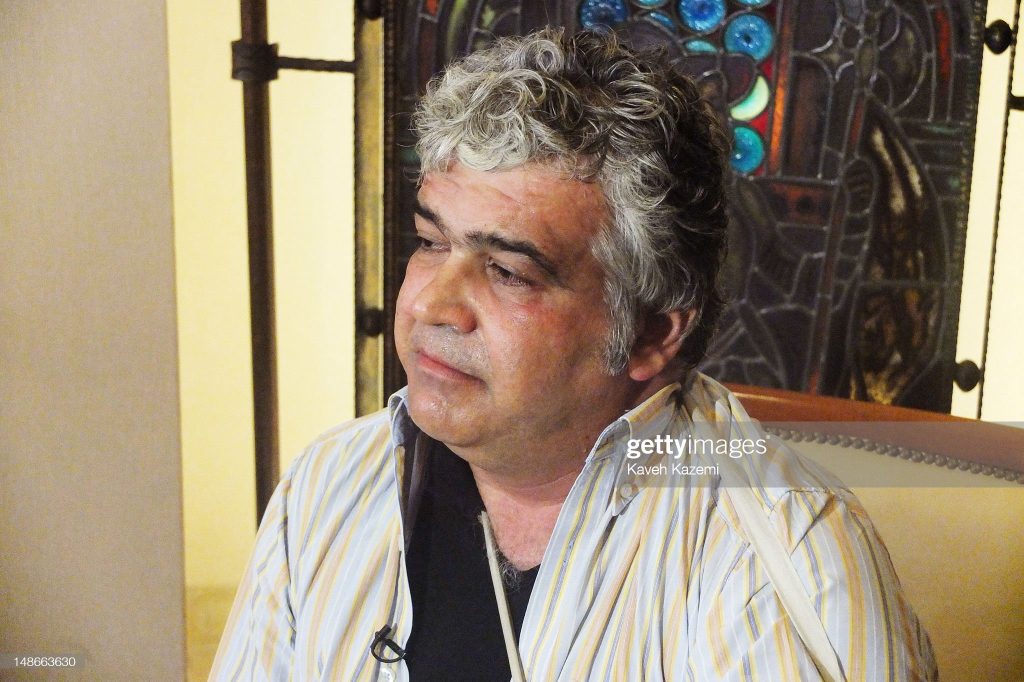
DAMASCUS (Reuters) – Author Khaled Khalifa tested the limits of freedom of expression in Syria with a novel exploring the government’s battle against Islamist militants in the 1980s.
His “In Praise of Hatred,” published in Beirut, is officially banned in his own country.
“They say the book is not permitted,” said the 43-year-old Syrian, smoking a cigarette as he leafed through a copy of the novel, its front cover concealed by newspaper.
Nevertheless, owning a copy of the book, which deals with a highly sensitive chapter in Syria’s recent past, is unlikely to land you in trouble with the authorities, Khalifa said.
“Having a book banned is something normal,” he said, adding that it is not always clear what will make it past the censors.
“In Praise of Hatred” probably upset them because of its examination of the ideology of Islamist militants who challenged the rule of late President Hafez al-Assad, said Khalifa.
“It is a very sensitive conflict, the price of which we are still paying,” he said, speaking at the Damascus cafe where he spends most afternoons writing.
“There has been no national reconciliation or clear discussion to define responsibility for this conflict and who is responsible for the deaths of thousands of people.”
The battle between the Syrian Muslim Brotherhood and the government peaked in 1982, when the Sunni Muslim Islamists launched an uprising in the city of Hama. The army bombed the city and thousands were killed.
“In Praise of Hatred” views the conflict from the perspective of an Islamist woman and her family.
“It describes in detail the growth of the culture of hatred upon which all the fundamentalist movements which we see today are based,” Khalifa said.
SECULARISM IN DANGER
Describing himself as staunchly secular, Khalifa said the novel is an attack on political ideologies based on religion.
“There is fierce, stern and direct criticism of sectarianism which produces the culture of hatred,” he said.
But he fears Syria’s secularism, underpinned by secular government for decades, could be endangered by curbs on freedom of expression.
Restrictions eased when President Bashar al-Assad succeeded his father in 2000. But “for two years there has been a clear retreat,” Khalifa said.
Such curbs, he warned, play into the hands of Islamist groups of the type which have flourished in neighboring Iraq since the toppling of Saddam Hussein’s secular regime.
In Syria, Khalifa said, Islamists have the freedom to gather and speak in mosques, while the state tightly controls the right to assemble elsewhere.
“You cannot control affairs, especially when there is no encouragement of secular thought or spread of secular thought to confront fundamentalism. Ideas can only be fought with ideas.”
Another of Khalifa’s novels was blocked for four years before it was finally allowed into the bookstores.
He blames such bans on the mood of petty bureaucrats rather than senior government officials.
But curbing secular writers, he warned, leaves an ideological “vacuum which fundamentalist movements will fill because their influence in the region is huge.”
Published on Reuters here

